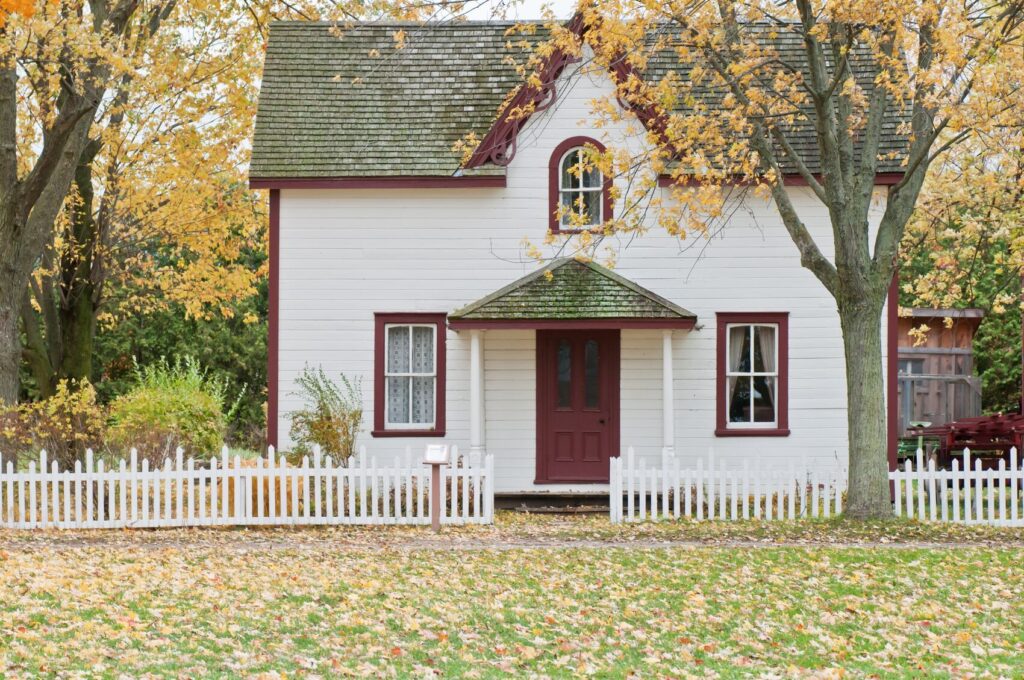Purchasing your first home is an exciting milestone in life. However, it’s essential to approach the process with careful financial planning to ensure a smooth and successful experience. By establishing a solid budget, you can confidently navigate the real estate market and make informed decisions. In this comprehensive guide, we will provide you with invaluable budgeting tips specifically tailored for first-time homebuyers. Let’s dive in and lay the foundation for your dream home!
Assess Your Financial Situation: Knowing Where You Stand
Before diving into the homebuying process, it’s crucial to assess your current financial situation. Take a close look at your income, expenses, and existing debts. Calculate your monthly cash flow and identify areas where you can potentially cut back on expenses or increase your income. Understanding your financial standing will give you a clear picture of how much you can comfortably afford for your new home.
Determine Your Homebuying Budget: Setting Realistic Expectations
Based on your financial assessment, it’s time to determine your homebuying budget. Consider not only the purchase price but also additional costs such as closing fees, property taxes, homeowner’s insurance, and potential maintenance expenses. Use online mortgage calculators or consult with a trusted mortgage lender to determine an appropriate price range for your budget. Setting realistic expectations from the beginning will prevent unnecessary financial stress and ensure you find a home that fits comfortably within your means.
Save for a Down Payment: Building Your Homebuying Fund
One of the significant aspects of purchasing a home is saving for a down payment. The larger your down payment, the more favorable your mortgage terms may be. Start saving early and set aside a portion of your income specifically for your homebuying fund. Consider automating regular deposits into a separate savings account to ensure consistent progress. Explore various saving strategies, such as reducing discretionary spending, cutting unnecessary expenses, and potentially seeking additional income sources. Remember, the more you save, the more options you’ll have when it comes to financing your dream home.
Account for Additional Expenses: Beyond the Purchase Price
When budgeting for your first home, it’s crucial to account for more than just the purchase price. Additional expenses can include closing costs, property taxes, homeowner’s association fees, maintenance and repairs, and potential renovations or upgrades. Research and estimate these costs based on the specific area and property type you’re interested in. By including these expenses in your budget, you’ll have a realistic understanding of the overall financial commitment of homeownership.
Get Pre-Approved for a Mortgage: Strengthening Your Position as a Buyer
Obtaining a pre-approval for a mortgage is a crucial step in the homebuying process. It not only helps you understand your borrowing capacity but also strengthens your position as a serious buyer in the eyes of sellers. Seek pre-approval from a reputable lender by providing necessary financial documentation and completing the application process. With a pre-approval in hand, you can confidently search for homes within your approved price range, knowing that you have the financial backing to support your offer.
Consider Long-Term Financial Goals: Balancing Homeownership and Future Plans
While purchasing a home is an exciting milestone, it’s important to consider your long-term financial goals. Evaluate how homeownership fits into your overall financial plan and consider factors such as retirement savings, emergency funds, and other investments. It’s crucial to strike a balance between homeownership and maintaining a healthy financial future. Consult with a financial advisor to ensure your home purchase aligns with your broader financial objectives.
Plan for Moving and Home Setup: Budgeting for Transition
As you prepare to move into your new home, it’s important to budget for the transition. Moving expenses can quickly add up, so it’s essential to plan ahead. Research moving companies, compare prices, and consider whether you’ll require additional services such as packing or storage. Factor in the cost of new furniture or home decor items if needed. By including these expenses in your budget, you can ensure a smooth and stress-free transition into your new home.
Explore First-Time Homebuyer Programs and Incentives: Maximizing Opportunities
As a first-time homebuyer, you may be eligible for various programs and incentives designed to support your homeownership journey. Research and explore government-sponsored initiatives, grants, or down payment assistance programs that may be available in your area. These programs can provide financial relief and help you achieve your homeownership goals more efficiently. Additionally, some lenders offer specialized loan programs for first-time buyers with favorable terms and reduced down payment requirements. Take advantage of these opportunities to make the most of your budget and optimize your homebuying experience.
Plan for Home Maintenance and Repairs: Setting Aside a Reserve Fund
Owning a home comes with ongoing maintenance and repair responsibilities. It’s essential to budget for these expenses to ensure your home remains in excellent condition. Set aside a reserve fund specifically designated for home maintenance and repairs. Aim to save at least 1% of your home’s value annually to cover unexpected repairs or necessary upgrades. By budgeting for maintenance, you can protect the value of your investment and avoid financial strain when unforeseen issues arise.
Review and Adjust Your Budget Regularly: Maintaining Financial Stability
As you progress through the homebuying process, it’s crucial to review and adjust your budget regularly. Take into account any changes in your income, expenses, or financial goals. Stay vigilant and make necessary adjustments to ensure financial stability and avoid any potential financial hardships. By actively managing your budget, you’ll be better equipped to handle the financial responsibilities of homeownership and maintain a healthy financial outlook.
Budgeting is a critical aspect of the homebuying process for first-time buyers. By assessing your financial situation, determining your budget, saving for a down payment, accounting for additional expenses, and exploring programs and incentives, you can build a strong financial foundation for your dream home. Remember to plan for the long term, review and adjust your budget regularly, and prioritize your overall financial goals. With careful budgeting, you’ll embark on your homeownership journey with confidence and peace of mind.



